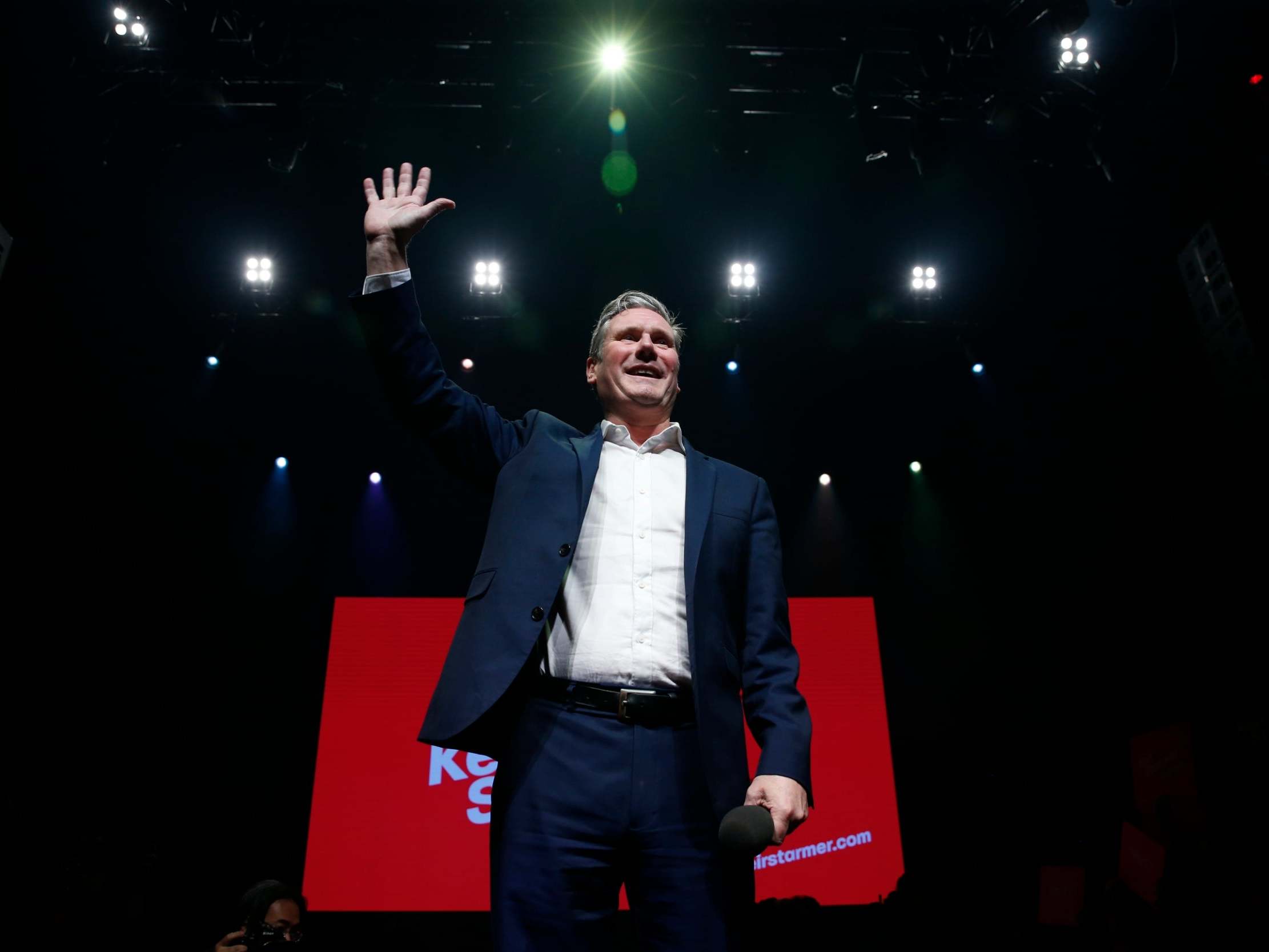Will Boris Johnson find it easier to work with Starmer than with Corbyn?
Assuming leadership in the middle of a global pandemic means Starmer will have to plot a different course from his predecessor, writes Lizzy Buchan


In ordinary times, Keir Starmer’s task as the new Labour leader would include laying down how he would take the fight to the government. But becoming leader of the opposition in the middle of a global pandemic means Starmer will have to plot a different course.
Instead of scoring political points at PMQs, Labour has to tread a fine line between holding the government to account and not being seen to undermine the national effort. Former Tory leader William Hague, who knows something about facing a government with a massive majority, has suggested that Boris Johnson should call in the new Labour leader for a briefing on the crisis.
He told The Times: “Really, the leader of the opposition is owed explanations from the government about what they’re doing. But also I think you do want the leader of the opposition to be aware of things you’re trying to do that there’s a good reason why that can’t happen.”
A sensible suggestion, but will Johnson agree? In Starmer, the prime minister has a very different opponent from Jeremy Corbyn, who stood down this week after five years in charge – and two election defeats.
Corbyn and Johnson could not have been more different, both politically and personally. You do hear of unlikely friendships in Westminster, such as former chancellor George Osborne and his opposition number Ed Balls. Or veteran Labour MP Frank Field and Winston Churchill’s grandson Sir Nicholas Soames. But Johnson and Corbyn were never going to see eye to eye.
The question is whether Johnson and Starmer could do things differently in the face of the current crisis. While speculation over a potential government of national unity seems wide of the mark, Johnson may find Starmer an easier figure to draw into decision-making circles than his predecessor.
Less ideological and less stubborn, Starmer may be more willing to work with the Tories than Corbyn was during the months of Brexit chaos. The Tories were deeply suspicious of Corbyn’s views on foreign policy and military intervention – a tension exacerbated when he failed to condemn Moscow directly after the poisoning of a former Russian spy and his daughter in Salisbury.
Theresa May was reportedly reluctant to include him in top-level information when she was prime minister, although Corbyn received briefings on privy council terms. In his final days in office, Corbyn rejected the idea of a government of national unity, saying it was a “negation of what our democratic society is about”.
His successor will likely want to keep up pressure on Johnson over issues such as testing, protective equipment for NHS staff and support for workers. But Starmer’s more pragmatic views may make him more palatable to Downing Street, if they wanted to include Labour in briefings or Cobra meetings on the crisis.
That is not to say that Starmer will put his own views aside. No matter the circumstances, everything is political.
Join our commenting forum
Join thought-provoking conversations, follow other Independent readers and see their replies
Comments
Bookmark popover
Removed from bookmarks